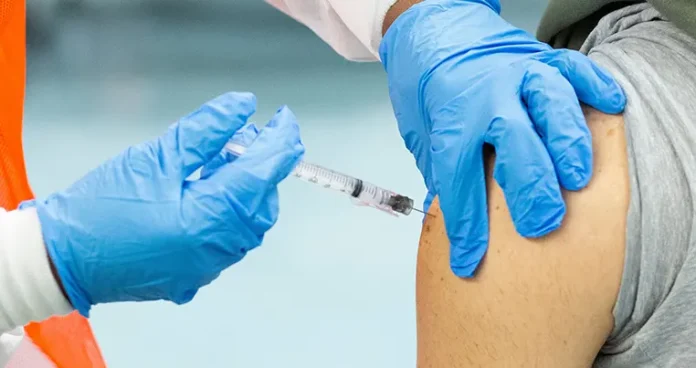Many have been debating the need for booster shots after getting complete vaccination. As the world goes through a seemingly endless wave of coronavirus variants, vaccine manufacturers encourage more vaccine doses. Many have wondered if humans would need these additional injections for the rest of their lives. Unfortunately, science has no definite answer to this question right now.
Moreover, specialists, including European Medicine Agency (EMA), advised that using booster vaccines every 4 months harm the immune system. Several countries require their civilians to get boosters within 3-5 months, which is not a proper way to deal with coronavirus pandemic. It will weaken the immune system and make humans feel exhausted too often.
Doctors, scientists, virologists, and immunologists have presented many theories based on available data to provide some reassurance.
What Do Booster Shots Do?
To understand the function of booster shots, one has to determine what “fully vaccinated” means. Some say that an individual is not fully vaccinated until he gets a third vaccine shot, called a booster. Coronavirus vaccines can protect against hospitalization and death, but their effectiveness decreases over time with the rapid emergence of new variants. In order to boost that effectiveness again for some time, health organizations recommend taking another dose of the COVID-19 vaccine after a certain period.
There are currently 4 types of vaccines with different requirements before getting an additional shot.
- mRNA vaccines (Pfizer-BioNTech and Moderna) teaches cells in the human body to make a protein that triggers an immune response.
- Viral vector vaccines (Oxford-AstraZeneca and Johnson and Johnson) inject the harmless virus into the human body to train the immune system in fighting the real disease when it enters.
- Whole virus vaccines (Sinopharm and Sinovac) uses a weak or inactive version of the organism which causes COVID-19 disease to trigger an immune response.
- Protein subunit vaccines (Novavax) contain purified parts of that organism unlike the complete pathogen in whole virus vaccines. Exposing the immune system to the entire pathogen is more likely to cause side effects.
mRNA and viral vector vaccines are considered highly effective, but they can even lose their effectiveness over time. For mRNA vaccines, health experts recommend getting a booster after 5 months, whereas for viral vector, 2 months. It does not matter if a person mixes and matches the vaccine and booster. For example, if one had a Pfizer vaccine, he could also get a booster of Johnson and Johnson and vice versa. However, these boosters are only required in specific cases.
Vaccines Make Immune System Stronger
Booster shots can restore vaccine protection that new variants like Omicron can evade. According to the US Centre for Diseases Control and Prevention (CDC), the third dose of Pfizer and Moderna vaccines were 90% effective in reducing hospitalization. Many doctors, including the White House advisor Dr Anthony Fauci, advocated that boosters can save your life.
However, some scientists studied that after 2 doses of mRNA vaccines, the reaction goes on in the lymph nodes for 6 months. That reaction enhances the potency of antibodies or strengthens the immune system even before the third dose. The booster enhances the effect on the immune system but can also damage it if taken at the wrong time. With the rise of Omicron, manufacturers have released the fourth shot for people with weakened immune systems. However, experts have also advised refraining from more shots if their immune system is already doing a good job.
Who can Get a COVID Booster?
The main reason for booster shots is to make more antibodies of higher quality to generate more significant immune responses. Once the vaccine-induced cells mature over time and get boosted, they increase immunity against different variants. Some scientists studied that occasional exposure to COVID-19 enhanced human’s immunity. This phenomenon is known as an anamnestic response, which means that the human body produces antibodies faster after a second encounter with the same virus.
As COVID vaccination also enables more solid antibodies, one may wonder if he really needs a second dose. However, one shall not assume without consulting a doctor, who can help decide whether to go for a booster or not after checking antibody levels. According to almost all scientists, the antibodies created by vaccines lose their potency after a maximum of 6 months, making them less effective against any upcoming variants.
Variant-specific vaccines are also in production, which can further enhance cross-variant neutralization. Scientists found that these second-generation vaccines will only require a single shot. According to reports, Pfizer and Moderna have already started testing Omicron-specific vaccines.
Also Read


